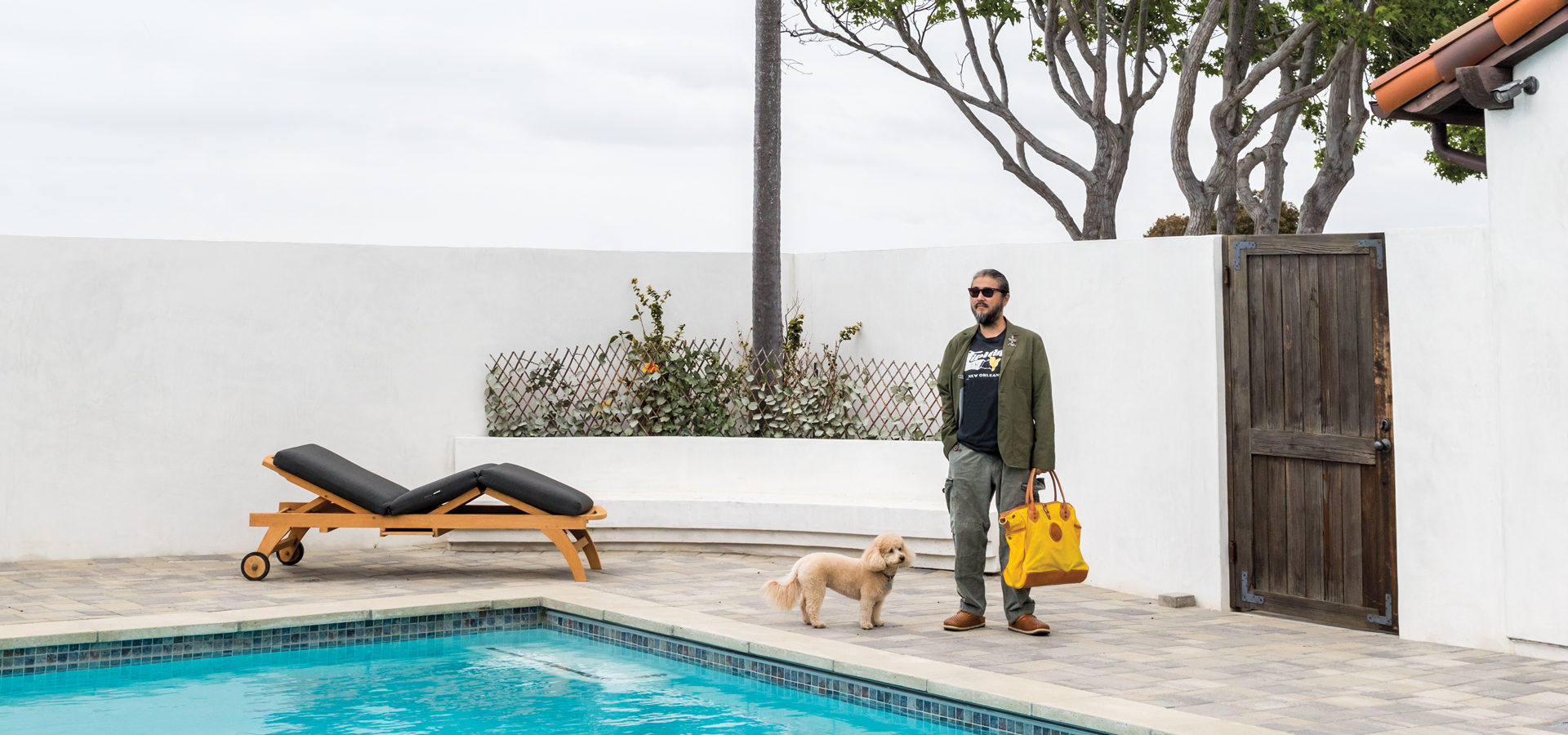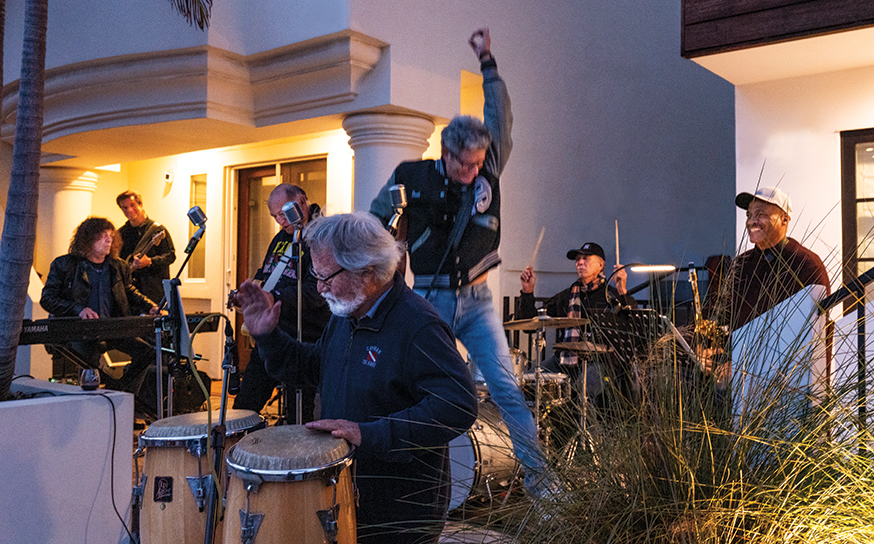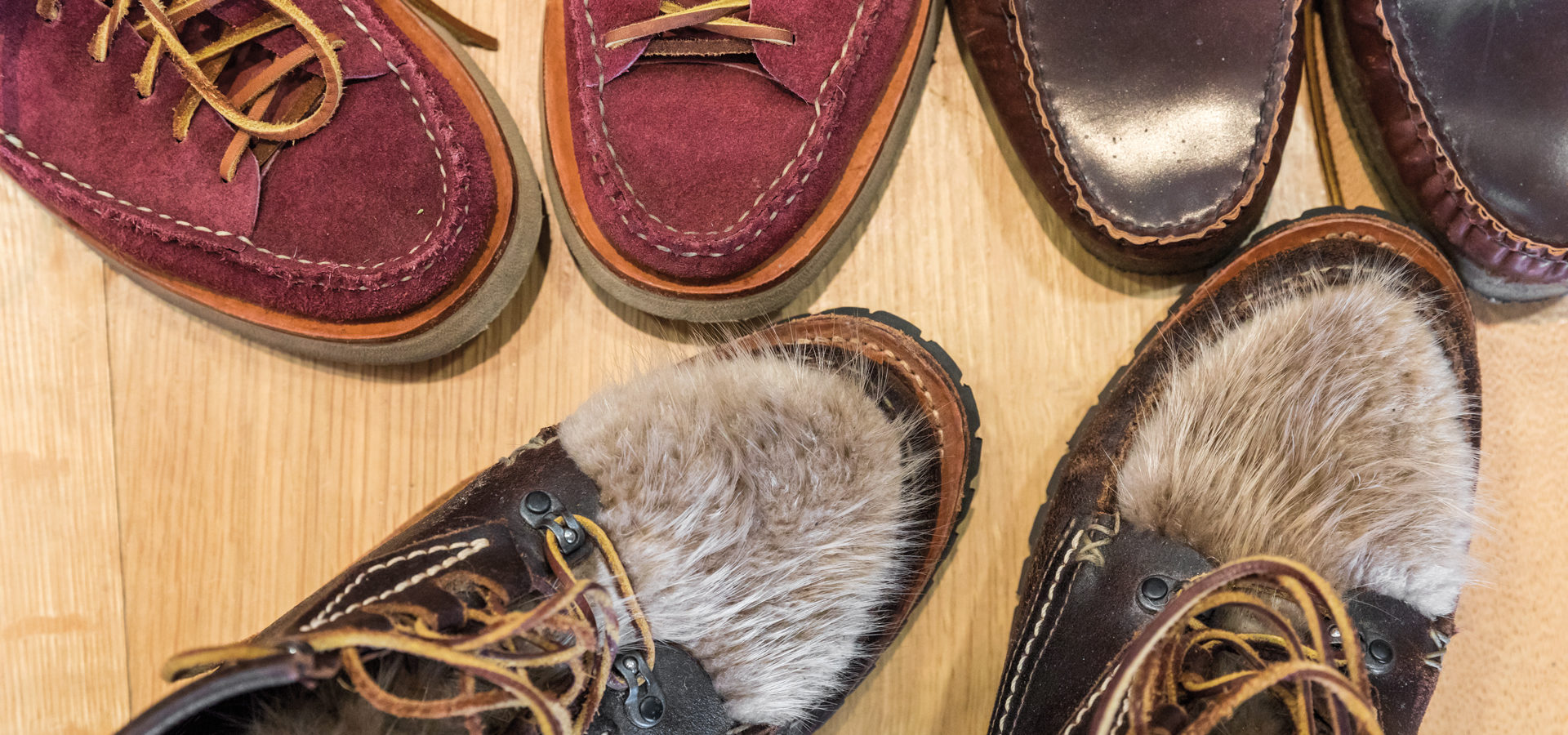
What followed was 30 years of success in the fickle world of fashion—a testament to Yuki’s expertise in weaving together vintage and contemporary style.
Yuki was born and raised in Osaka, Japan. When he finished high school he got a job offer in L.A. at the ripe old age of 18. It seemed like a cool opportunity, so he jumped on it.
Japan was intrigued by all things Western—specifically “Americana”—and so was Yuki. It was 1985, and Yuki’s job was attending trade shows like the California Mart in L.A. to discover cool, American fashion brands and bring them back to Japan. In the height of the mid-1980s, Yuki was responsible for introducing brands like Adidas’ Stan Smiths and Vision Skateboards to the Japanese market.
Although being in a new country was exciting, the transition was also hard. He struggled with English initially and would carry a dictionary in his back pocket. He left that job and worked various stints washing dishes and cars to help support his hobby of finding vintage clothes at thrift stores.
When he was growing up in Japan, he worked for a clothing shop that only carried imports. Behind it was a vintage store where his good friend worked. This is where he learned all the ins and outs of identifying the details that classified pieces as vintage.
“Take denim, for example. You look into the back side of a pocket of a jean,” says Yuki. “If it’s single stitch, it’s 1960s.”
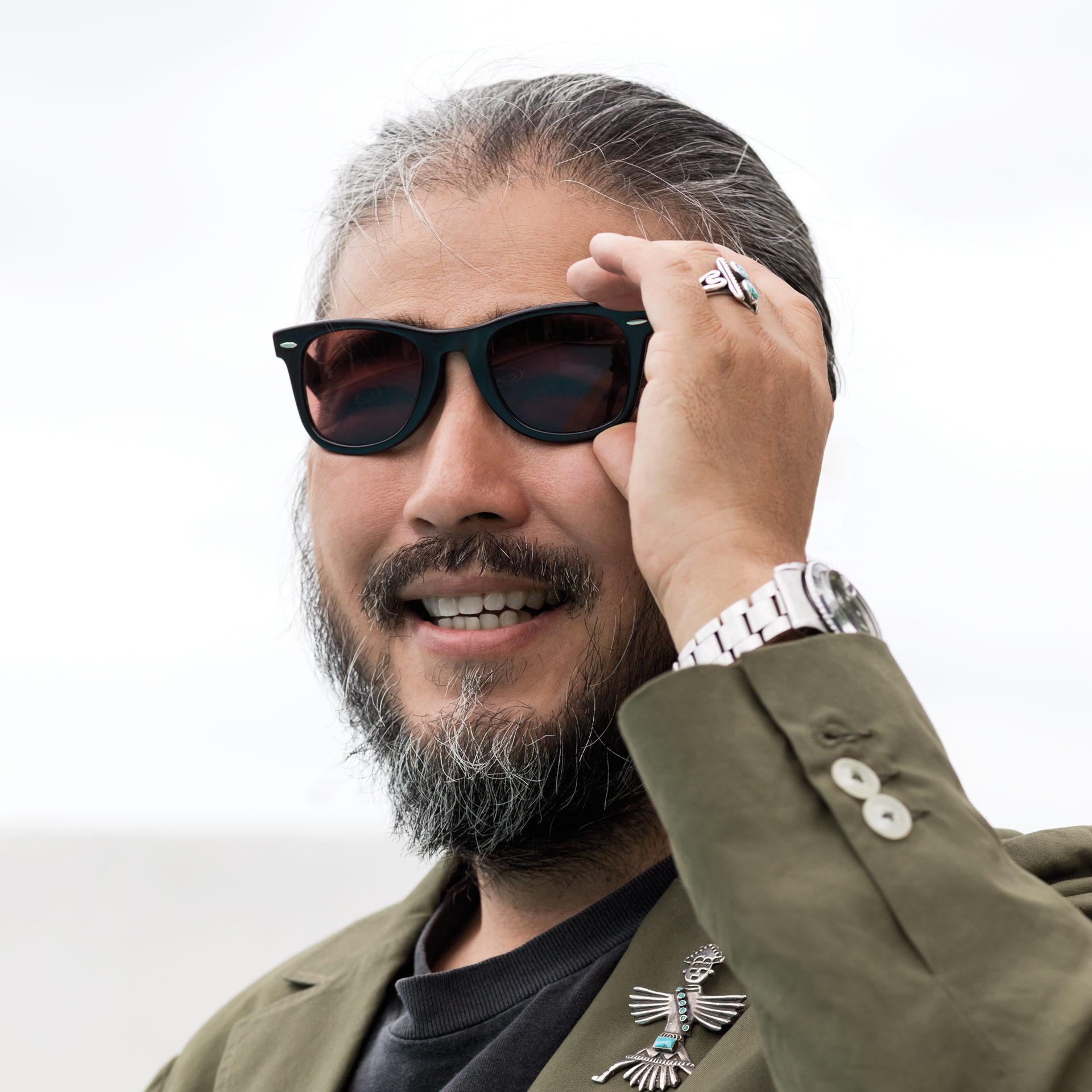
Do you remember old-school Kaepa tennies from the ‘70s and ‘80s? One of Yuki’s big breaks came from helping a Japanese company buy thousands of Kaepa cheerleading shoes when they were the rage in Japan at the time. The commission from selling those shoes allowed Yuki to quit washing cars and dishes. It afforded him the time to focus on his true passion of finding and selling vintage American clothes.
In 1989 Yuki’s then-girlfriend and now his wife, Megumi, invested in Yuki’s dream of owning his own clothing company. He lovingly named it Meg, after her. Her investment allowed him to buy that fax machine and kickstart the business in their shared apartment in the South Bay.
On the weekends Yuki would sell his vintage goods at the Rose Bowl. To qualify for a place in Yuki’s collection, items had to be from the 1930s-to-1960s era and be made in America. He became well-known in this niche market and began to fulfill orders and send products to customers from his home.
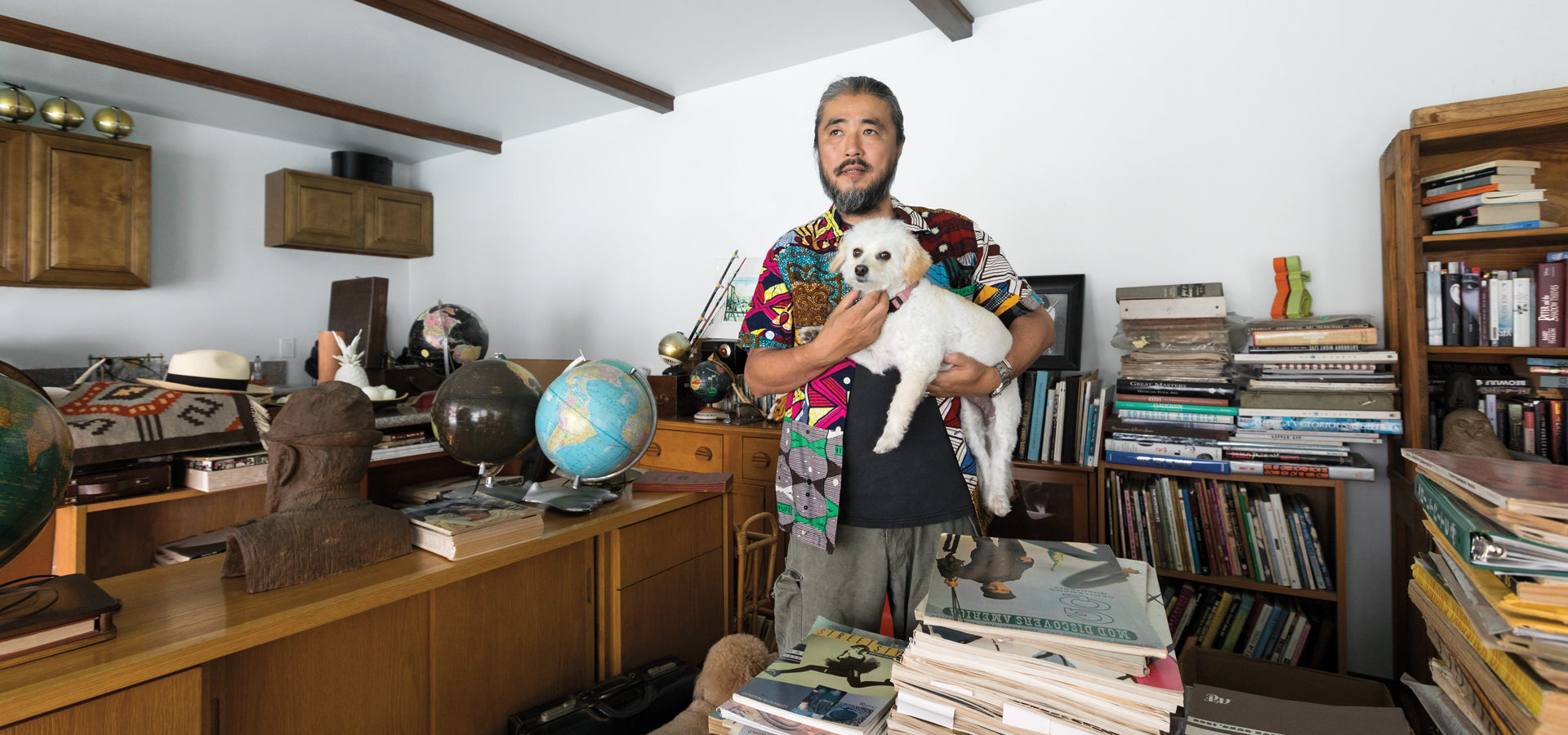
Fast-forward to today: His brand Monitaly, headquartered in Torrance and named after their 23-year-old daughter Monica, continues that passion on a grander scale but is still grounded in Yuki’s love for all things Americana. Monitaly revitalizes classic American silhouettes through Yuki’s unique style and vision. For example, he loved the construction of the clothing he was collecting but thought the fit could use some finessing, so he altered it for the line.
Yuki’s other highly successful brand is his shoe line, Yuketen, similarly based on high-quality, handcrafted, classic American footwear (think L.L Bean) but with his own techniques and twists of adventurous designs added.
“We value our heritage but understand that in order to break boundaries and create innovative products, we can’t just play by the rules of tradition,” he says. “Our fresh and exceptionally well-crafted garments blend sophisticated detailing with astute attention to fitting—proof that American craftsmanship mixed with worldly style can live on forever.”






